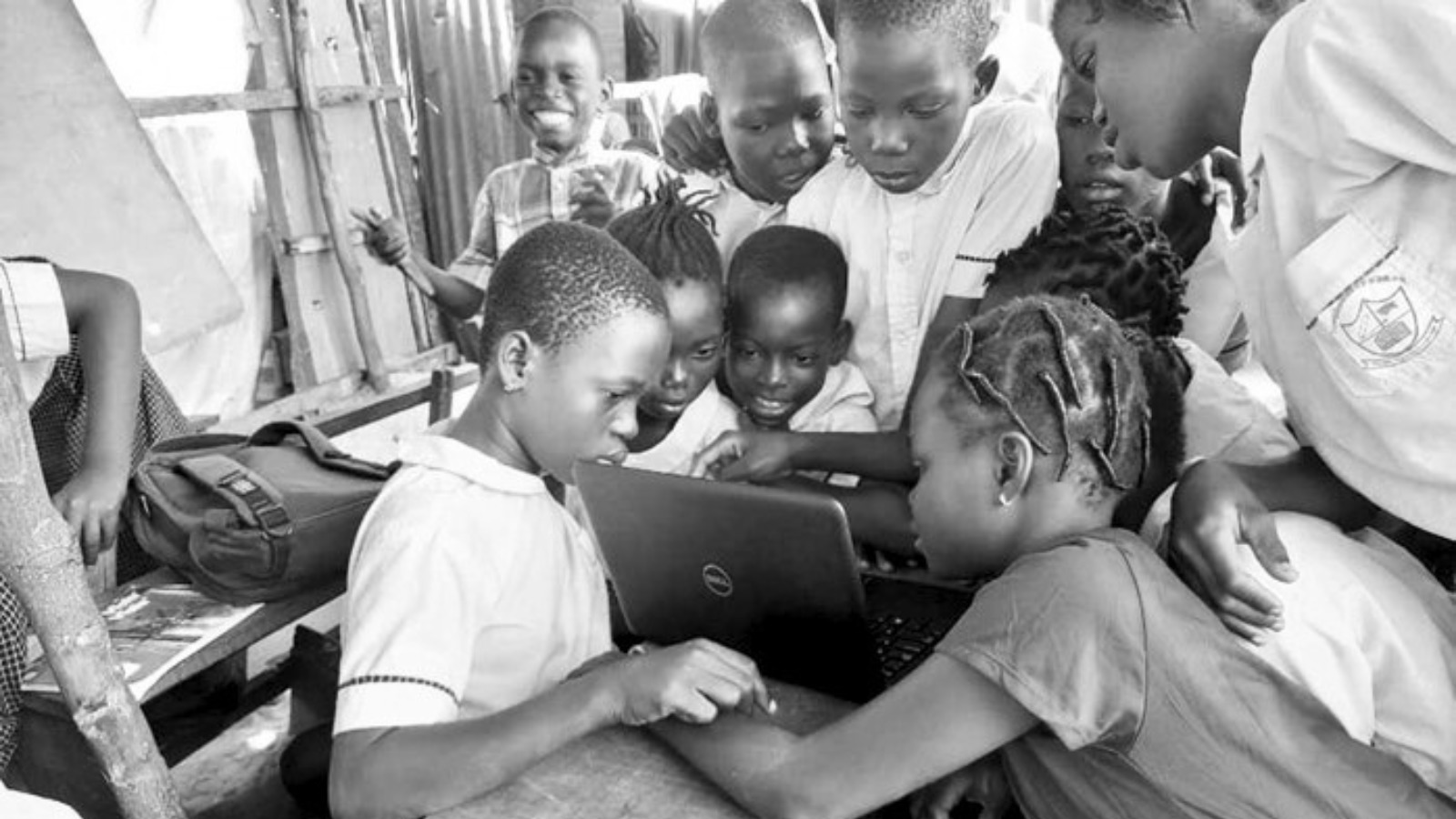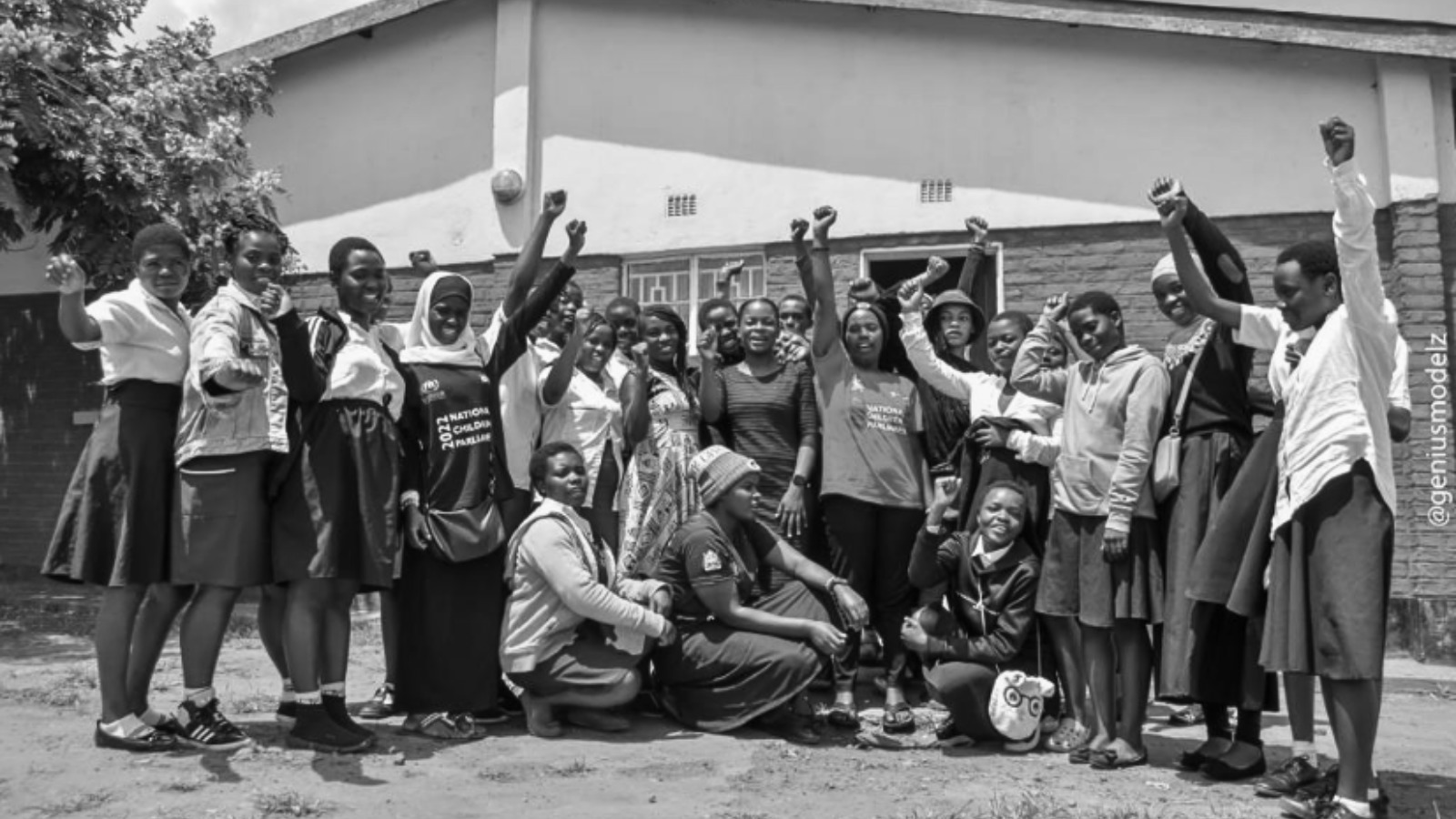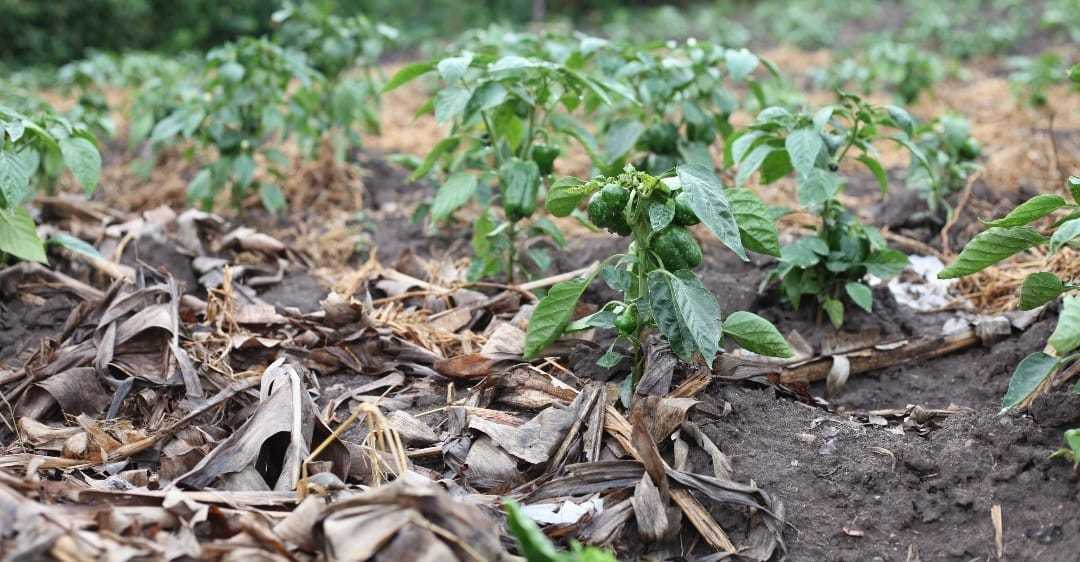
Jasmine Asekome, founder of Caring Hands Empowerment Foundation in Nigeria talks about how her own childhood experiences that led her to find a community-based organisation supporting displaced children through education
By Jasmine Asekome
This story is part of the co-branded story series, 'Rewriting the Narrative: Stories of & from Refugee & Community-Led Initiatives' a collaborative effort between Samuel Hall, Youth Voices Community, Cohere, and Reframe Network. Members of various Refugee-Led and community-led Organisations part of the Reframe Network underwent an introductory training in storytelling and advocacy. They were then invited to share their personal narratives, capturing their journey, work, and the lasting impact of their initiatives. This collaboration aims not only to spotlight their incredible work but also to empower them with the skills to share their own stories effectively, fostering greater support, funding, and opportunities for their vital work.
TW: Abuse, Domestic Violence
From 1992 to 1998, my family and I moved to six different states and communities in Nigeria, in the Northern, Southern, and Western parts of the country. I remember a time when I was four years old in Kogi State, and my mother told me that we were moving to a new place. We lived in a small room with a rusted, old zinc bathroom located outside our building. Other tenants shared the bathroom with us as well. The language was challenging, but I managed to learn some of it because we were occasionally taught certain subjects in the native language.
Shortly after that, we moved south, to our village. We had lived in Edo State previously with my maternal grandparents in Ekpoma, where I had attended three different nursery schools. This time, we found ourselves in my paternal grandmother's hut. It felt like someone had pressed a reset button, again. We had to learn everything about this new place - the culture, language, and people were different.
We moved so frequently that the idea of home became lost on me. Being a new student was always difficult, I was constantly at the mercy of older students. The schools were understaffed, the teachers did not take bullying, mental health and adjustments to change seriously, unless a child was bleeding or needed visible medical attention. Proof of a child fainting or suffering a severe injury was required.
I also experienced terror at home, with my father violently abusing my mother until she bled and physically harming me to the point of urination or nosebleeds whenever he was around. The constant bullying in school and violence at home kept driving me into a shell.
In an attempt to escape the constant domestic violence; my mother, my two younger brothers, and I made our final move to Ekpoma to live with my maternal grandparents. I was eight years old when we arrived.
Education - A Constant Amidst Displacement
For a long time, I didn't feel safe, welcome, or wanted in the new communities I joined. I didn't make many friends at school, more out of fear than preference. The ones I did have adopted me, and I went along with it. As soon as I started adapting to one place, we had to move again. As far as I was concerned, we had no home, given how often we moved and the places we had to stay in, such as unfinished buildings, a church, the floor of someone's kitchen, and mud beds. In total, I attended over 13 schools, 10 of which were primary schools.
Discrimination and bullying were constant. All of this made me feel like I had to work five times harder to be seen, acknowledged, and accepted for who I was. It made me feel disconnected from my immediate environment.
They had to build a supportive environment within their family unit, led by her mother:
Education was important to my family. My mother was an avid reader, and she often helped me with my English homework, improving my language skills and knowledge. These after-school sessions with my mom not only improved my academic performance but also taught me the importance of being respectful. She taught me how to use the power of my imagination to adapt to new situations; by drawing about my happy place and envisioning my future self.
As I grew older and graduated from university, I realised that I wanted to help children who had experienced displacement, migration, or sought asylum, just like I had. I understood what it took to start over again and again as a child. I knew the impact of help and support from both strangers and familiar people. This understanding inspired me to establish the Caring Hands Empowerment Foundation in 2020.
Caring Hands For A Confident Future
Based in Lagos, theCaring Hands Empowerment Foundation is a nonprofit organisation that assists refugee and migrant children through sustainable educational support programs. Our journey began amidst the challenges posed by the COVID-19 pandemic in 2020 when we initiated our efforts by distributing essential food supplies to displaced families in Lagos, as well as to refugee communities in Uganda and Kenya. These initiatives were kick-started by a birthday fundraiser I organised for my 30th birthday, which, despite the economic hardships brought on by the pandemic, managed to raise $300. Each of these countries received $100, which was used to provide assistance we could to families living in settlements and camps.
By July of that year, I faced another setback when my former employer did not renew my contract due to pandemic-related circumstances. This abrupt change in my financial situation put the organisation's activities on hold temporarily as I sought a stable income and continued to learn valuable lessons in nonprofit management. After a five-month hiatus, we slowly resumed operations in February 2021, with my funds sustaining the organisation until we secured our first non-financial partnership in 2022. This partnership was formed with a Nigerian company that generously provided storybooks and toys for our beneficiaries. Furthermore, we became beneficiaries by participating in Cohere's capacity-strengthening and knowledge-sharing course program. Currently, we work with volunteers, providing them with stipends for 6-9 month commitments, depending on available funds.
Scaling Impact
Our initial efforts focused on assisting 65 refugee and internally displaced children in a Lagos Island community who attended different schools. We conducted outreach activities within their residential area. Since May 2022, we've expanded our educational support to 199 migrant children attending a community school in the Ajah and Ikorodu areas of Lagos.
When we first met these children, over half of them couldn't speak English fluently, and they often had to share notebooks due to limited materials. Many of them wore mismatched or worn-out slippers to school.
Through the foundation, I strive to ensure that the children we support through our educational programs are equipped with not just knowledge, but also confidence. This would enable them to continue their education seamlessly, even in the face of potential barriers from future displacements.
Now in our third year of operation, we have supported over 543 children, including refugees, migrants, and internally displaced individuals. In addition to our educational support, we distributed "Love packs" filled with biscuits, popcorn, sweets, crayons, colouring books, cupcakes, and juice during holidays from 2020 to 2022.
When we began offering educational assistance to migrant children, there were three girls who stood out to us. They displayed a genuine passion for learning and socialising with their peers. However, during one of my visits to the school in November last year, I noticed a significant drop in attendance. Nearly 53% of the students were absent that day, including two of these girls. The third girl, who attended that day, explained that she alternated school days with her siblings due to her parents' inability to afford their fees, allowing her to attend school only twice a week. The other two girls, along with the absent children, needed to catch up on fee payments, which forced them to miss school and likely assist their parents or guardians in local businesses like the smoked fish trade or petty trading. The head teacher mentioned that this often led to the children missing exams and having to repeat their grades.
Upon discovering this, I reported the situation to our team, and we conducted an emergency fundraiser. We secured funds to cover the school fees of 15 deserving children, including our three girls, selected based on their academic performance. They completed their first-term exams. However, concerns arose about sustaining this support to ensure uninterrupted academic progress. By April 2023, thanks to Cohere's grant, we could cover the school fees for 35 children for an entire year, including the 15 from the previous year. This enabled them to enjoy uninterrupted learning and avoid repeating grades. During their end-of-year celebration, the girls confidently presented in English, thrilled to have passed and been promoted to the next grade.
In partnership with Cohere in 2023, we have provided educational materials to 299 children, granted one-year scholarships to 35 children, distributed school shoes to 120 children, and donated three laptops to our beneficiary school to launch a Computer Studies class for the children.
Previously, 40% to 55% of the children often missed classes and examinations, resulting in grade repetition, but we have seen an incredible improvement since the implementation of our Back-to-Class project, with teachers reporting attendance rates of 85% to 90%.
The children now feel loved, accepted, acknowledged, and welcome.
This was the impact I aimed to achieve when we began, as I understand how consistent support can encourage and enhance learning. I, too, faced challenges in the past, lacking confidence and struggling with my English language skills and education. Today, I have participated in policy dialogues, panel discussions, advocacy workshops, and conferences. Now, I have the opportunity to instil that same confidence in the children supported by the Caring Hands Empowerment Foundation.
Sustaining Impact With Care
Currently, our most significant challenge lies ahead in securing the necessary funding and resources and building sustainable partnerships.
These resources are critical not only for sustaining our current efforts but also for building a dedicated team that can help us expand our impact as we deepen our connection with our beneficiaries.
Our long-term objective is to establish a dedicated space where children can engage in weekend sessions to enhance their learning across various subjects, discover and nurture their interests in extracurricular activities, and work towards achieving their goals.
We want to create a home where they can express themselves, learn, grow, develop and visualise their dreams. To build that home, we need all the support we can get.





